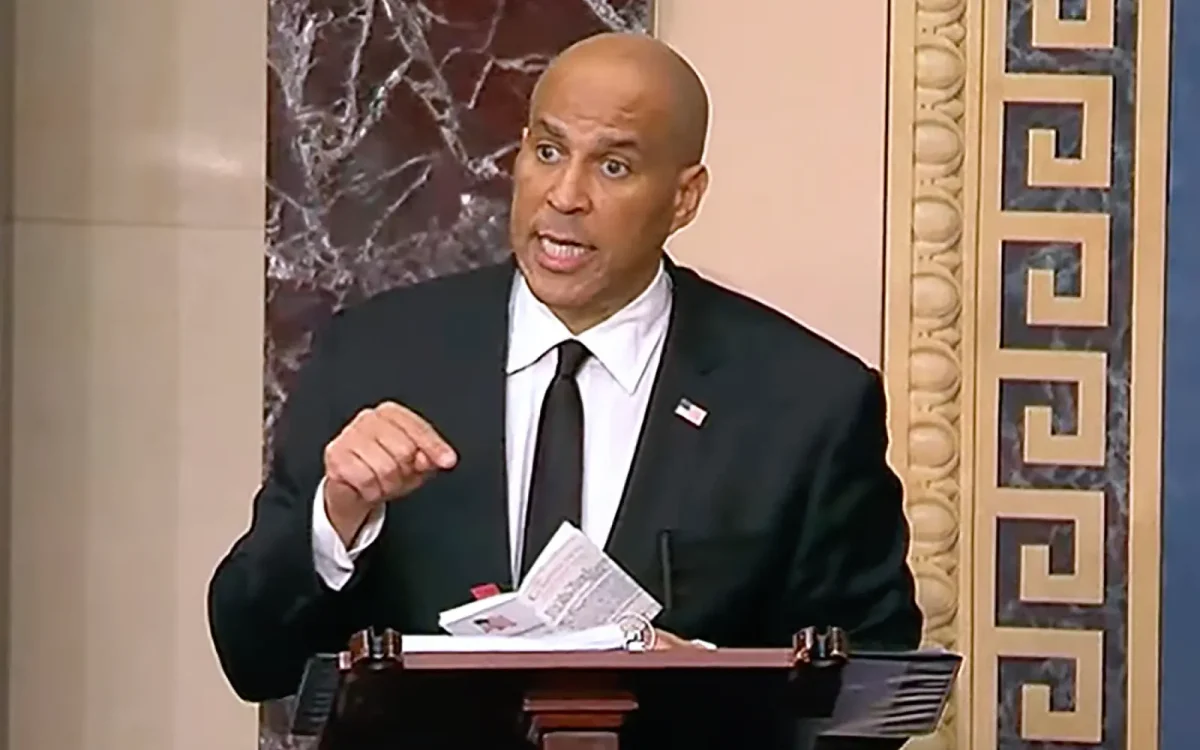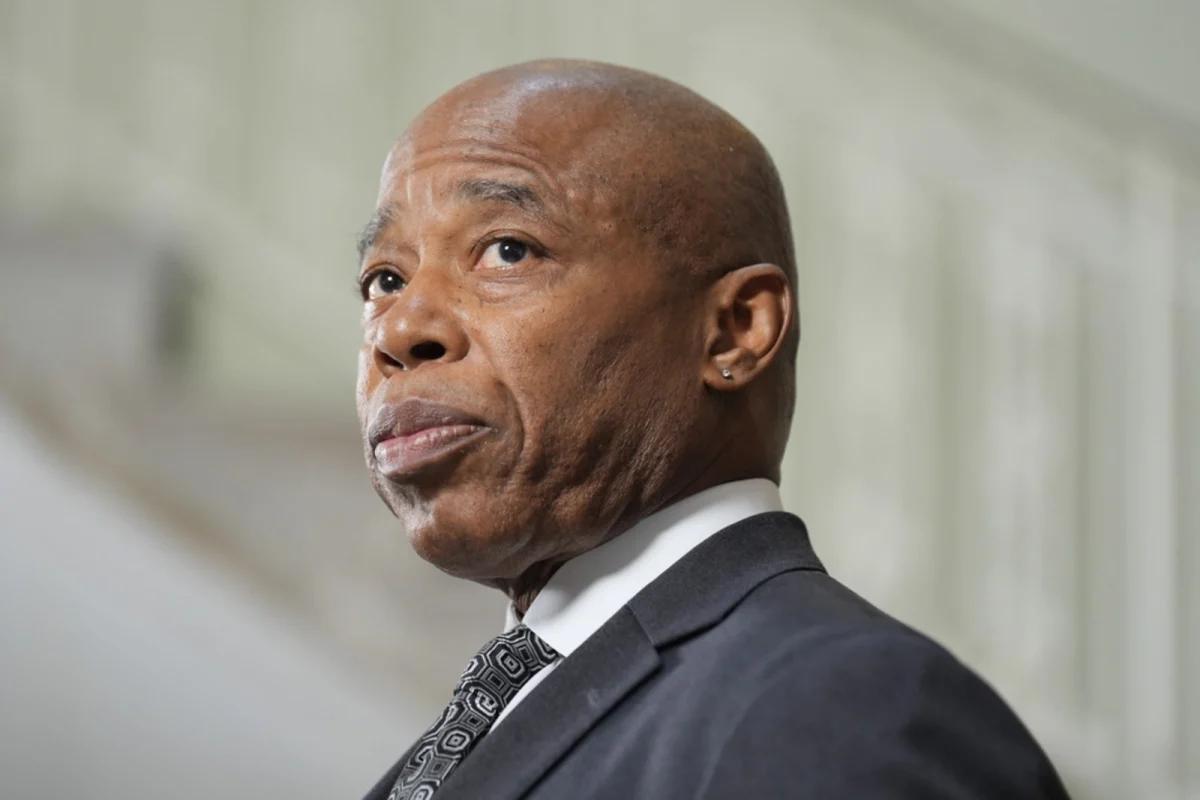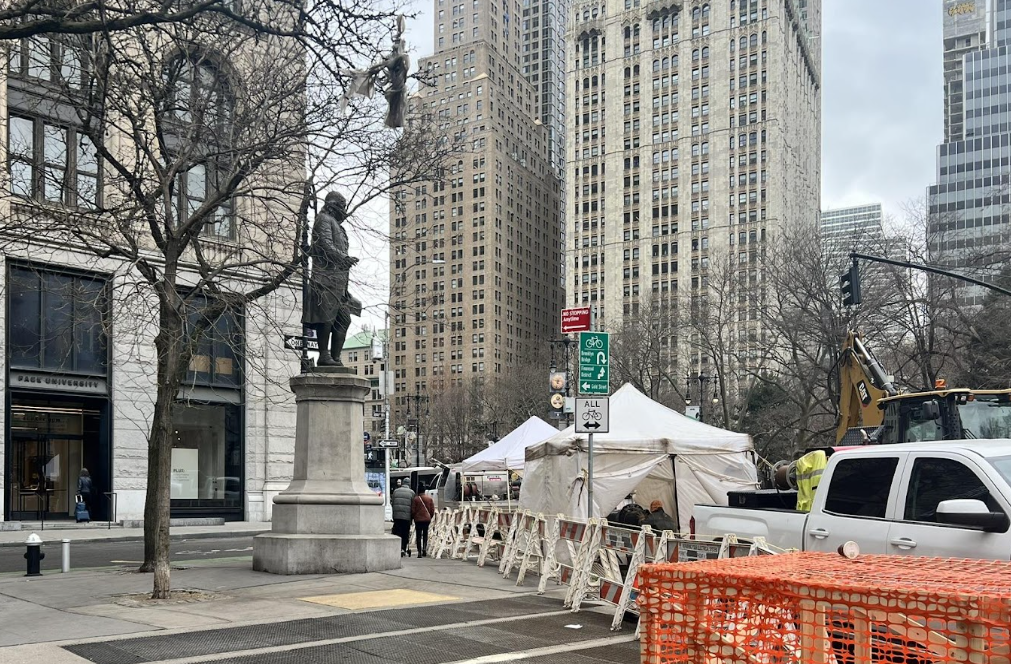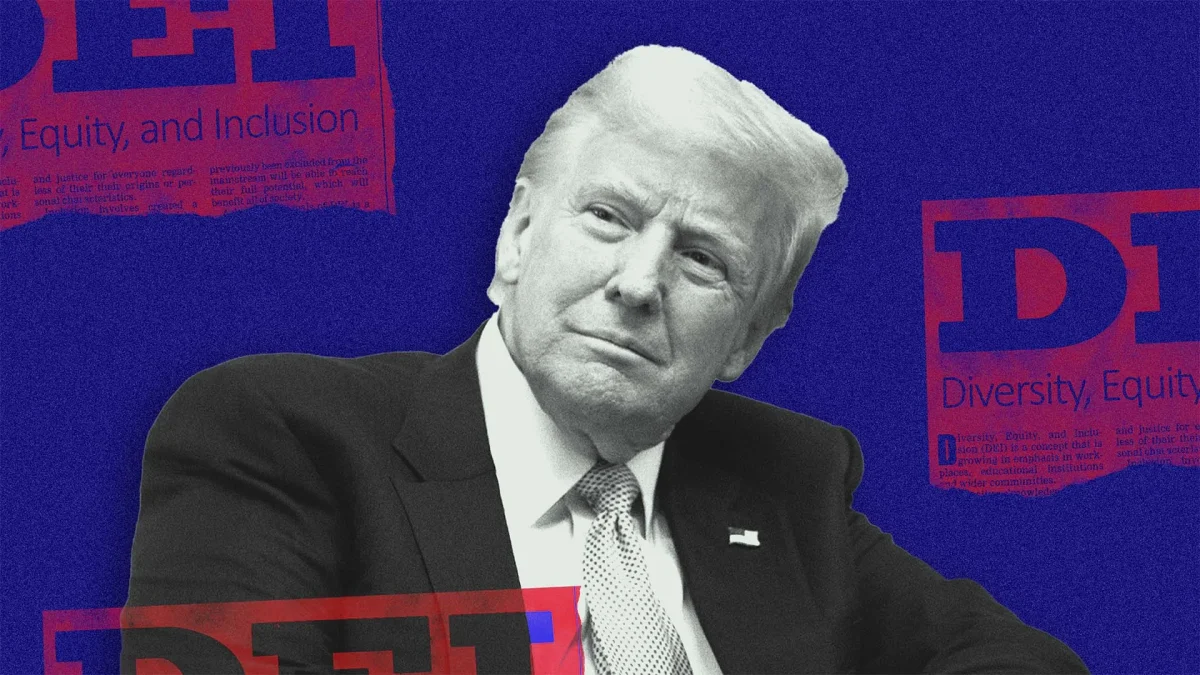This Sept., New York City’s unemployment rate has hit a six year low at 6.8 percent. This is the lowest number since the start of the recession in 2008. Much of the job growth was in the private sector ,where New York has added 95,000 jobs in the past year. Despite this positive trend, however NYC’s rate is still almost a full point above the national unemployment rate (5.9 percent).
There is, good news about where the local economy may be headed. In August, the NYC unemployment rate dropped .5 percent. This is the largest month-to-month drop in recorded history. It then dropped by same amount in September. The fact that NYC’s unemployment rate is dropping much faster than the national rate indicates that it is not merely a result of the national economic conditions, but that the local economy is experiencing positive gains. Kilian Tep, an Economics major at the University, is optimistic about the recent improvements. He calls them ”reassuring,” and says, “it’s a good sign [that] we’re gaining economic confidence.”
College graduates are still having a hard time. Locally, about half of NYC’s 600,000 college graduates are unemployed or underemployed—working in a job they’re overqualified for—according to estimates by the New York Federal Reserve. This predicament is considered a major lasting side-effect of the recession. Coming out of tough times, businesses have been looking for more experienced, skilled workers, which is usually bad news for college graduates. Kurt R. Hines-Williams, a University junior who works full-time in New Jersey but would like to work in NYC says, “I still don’t feel there is enough opportunity.” He attributes this to higher competition now than before the recession. It is possible that Hine-Williams is correct about this assumption.
According to the New York Post, the percentage of people in the labor force who are 55 and older has increased from 16 percent pre-recession to 21 percent, post-recession. This creates more competition for fewer jobs among graduates. The baby boomers are either nearing or hitting retirement age, but many aren’t retiring. They are staying in the labor force to rebound from tough times during the recession. When employers hiring for white-collar, high-skilled jobs have to decide between an experienced baby-boomer or a college graduate, they tend to choose the experienced worker. All this means that graduates get pushed out of good jobs and end up underemployed.
This is the larger problem associated with difficult employment situations for graduates. Graduates who spend long periods of time looking for employment without success are often forced to take jobs for which they are over qualified and underpaid. Hines-Williams, who works in a check processing center, says a lot of the people he works with are underemployed. “Many people [I work with] have bachelors degrees [and] one person has a masters,” he says. A recent publication by economists from Duke University and the University of North Carolina-Chapel Hill makes the case that the effects of underemployment on wages can last for more than a decade. In her summary of the paper for Vox.com Danielle Kurtzleben writes, “researchers found that while the wage effects of unemployment are larger than those of [underemployment], the wage effects of [underemployment] can be more persistent than those of unemployment.”
This doesn’t suggest that abandoning a degree is a good idea. Each level of educational attainment still correlates with higher pay, and better chances of employment. It simply means that internships are valuable because entering the labor force without enough experience is getting harder and harder. Moving forward, the best-case scenario is that these positive gains ripple through the entire economy and improve the employment prospects of graduates as well as experienced workers.
This article originally appeared in the November 5, 2014 edition of The Pace Press.






